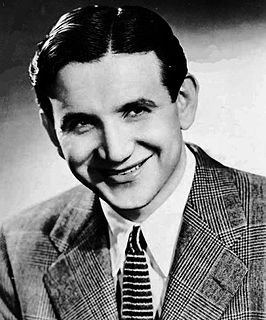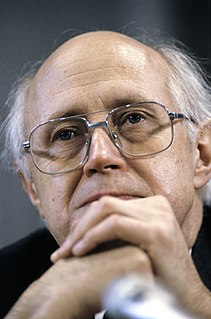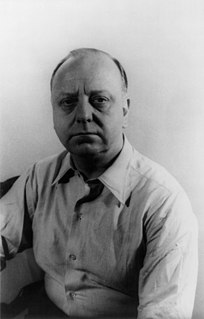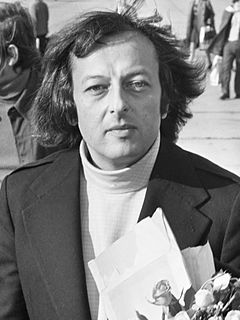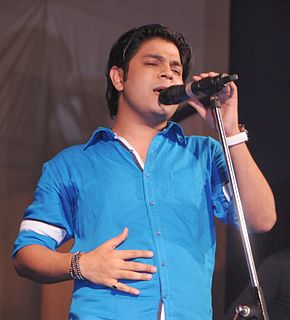A Quote by Raymond Scott
Perhaps within the next hundred years, science will perfect a process of thought transference from composer to listener. The composer will sit alone on the concert stage and merely 'think' his idealized conception of his music. Instead of recordings of actual music sound, recordings will carry the brainwaves of the composer directly to the mind of the listener.
Related Quotes
My pieces usually are programmed on concerts in which the other works are standard repertoire. My music always sounds very different when it's on a concert of all contemporary music. It always seems to stick out at an odd angle. This also makes me think of a question I sometimes debate with my friends: does the music of a composer directly reflect that composer's personality? This is a difficult one, but I think it usually does.
Perhaps the chief requirement of [the conductor] is that he be humble before the composer; that he never interpose himself between the music and the audience; that all his efforts, however strenuous or glamorous, be made in the service of the composer's meaning - the music itself, which, after all, is the whole reason for the conductor's existence.
I don't ascribe to the idea of the ivory tower composer who sits alone in a room composing his masterpieces and then comes down from Mount Sinai with the tablets. It doesn't work like that. The job of a composer is putting something down on a piece of paper that will inspire the person who's playing.
Every philharmonic orchestra merely interprets the composer. My goal was to create new music by that composer. In doing so, I wanted to find the painter's creative center and become familiar with it, so that I could see through his eyes how his paintings came about and, of course, see the new picture I was painting through his eyes - before I even painted it.
When I'm writing a play I hear it like music. I use the same indications that a composer does for duration. There's a difference, I tell my students, between a semi-colon and a period. A difference in duration. And we have all these wonderful things, we use commas and underlining and all the wonderful punctuation things we can use in the same way a composer uses them in music. And we can indicate, as specifically as a composer, the way we want our piece to sound.
